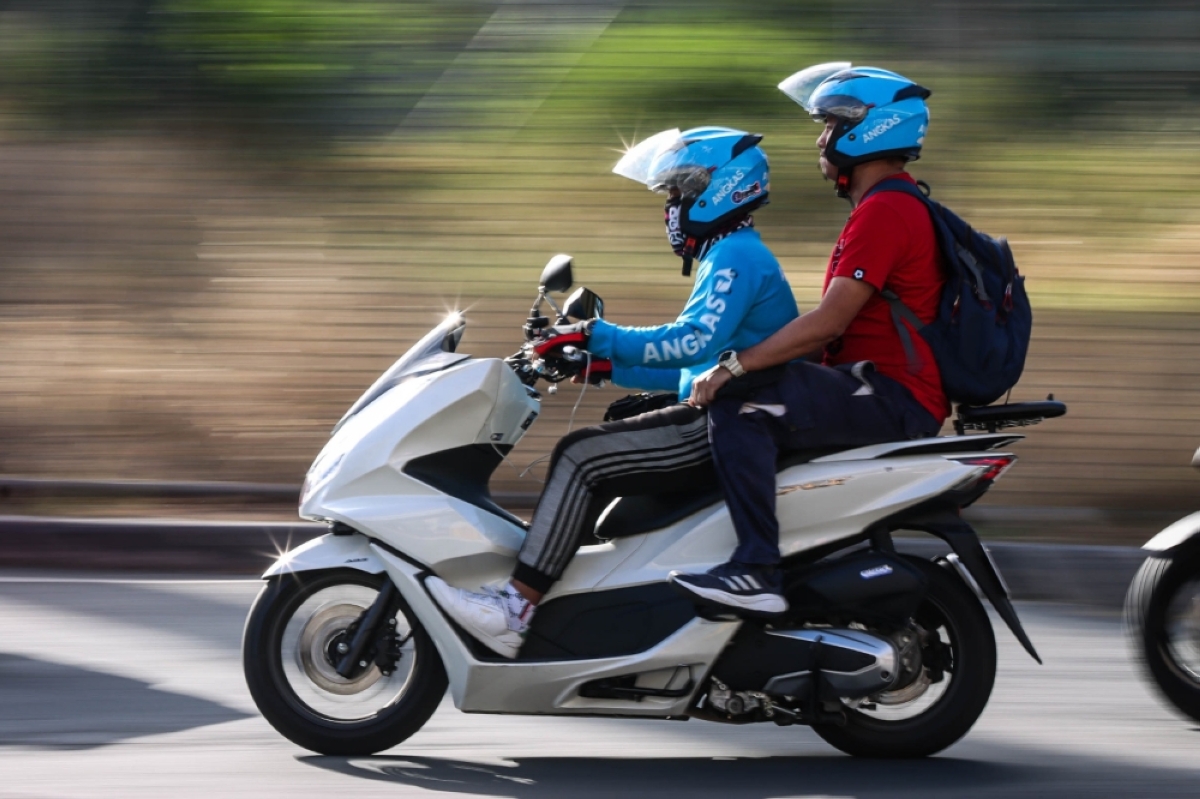
Containers are stacked at Busan harbor in this photo taken on Dec. 31, 2024. Yonhap Korea's economy is forecast to expand 1.
8 percent this year, the government said Thursday, emphasizing "stable management" as its primary policy focus amid unprecedented levels of uncertainty. The latest projection for Asia's fourth-largest economy falls below the Bank of Korea's forecast of 1.9 percent and the estimates of major international financial organizations, which had predicted growth rates of 2 percent to 2.

1 percent. The latest outlook also marks a 0.4 percentage-point downgrade from the 2.
2 percent forecast in July. The downward revision is attributed to a slower-than-expected recovery in domestic demand and anticipated challenges in exports, driven by a downturn in the semiconductor industry cycle and the potential escalation of global protectionism. Notably, the earlier projections by other organizations were made prior to the recent domestic political turmoil triggered by President Yoon Suk Yeol's brief imposition of martial law on Dec.
3. "It's difficult to claim that uncertainties stemming from events like martial law and impeachment haven't influenced our forecast," First Vice Finance Minister Kim Beom-seok said. This year will likely see unprecedented domestic and international uncertainties affecting growth trajectories, financial and foreign exchange markets, and overall living conditions, according to Kim.
Accordingly, the ministry said its focus will be on risk management rather than pursuing an extensive array of policy initiatives. First, domestic demand is expected to hit its lowest point in the first quarter of the year and slowly recover down the road. Credit card spending, particularly in offline sectors like restaurants, has already significantly declined following the Dec.
3 event, the ministry said. A woman shop for vegetables at a supermarket in Seoul, Dec. 24, 2024.
Yonhap Despite expectations of easing inflation and interest rates this year, the export-driven economy also faces downside risks from potential changes in global trade policies as the second Donald Trump administration is set to take office later this month. To address such challenges, the government plans to front-load 431.1 trillion won (US$300.
2 billion), or 75 percent of this year's total fiscal budget of 574.8 trillion won, in the first half, the ministry said earlier. The spending will focus on assisting low-income and vulnerable groups and supporting small self-employed businesses that are struggling with reduced retail consumption and rising loan delinquencies.
"Public resources will be deployed with unprecedented scale and speed in the first half of the year," the ministry said. To further stimulate domestic spending, the government is considering hosting a large-scale sales festival during the upcoming Lunar New Year holiday later this month. Regarding the possibility of supplementary measures, the ministry said it is reviewing various options, including an additional budget.
The ministry also emphasized its commitment to maintaining credibility among foreign investors amid concerns the recent political instability may deter investment. Measures to attract foreign investment include expanding tax incentives and cash subsidies, the ministry added. (Yonhap).















